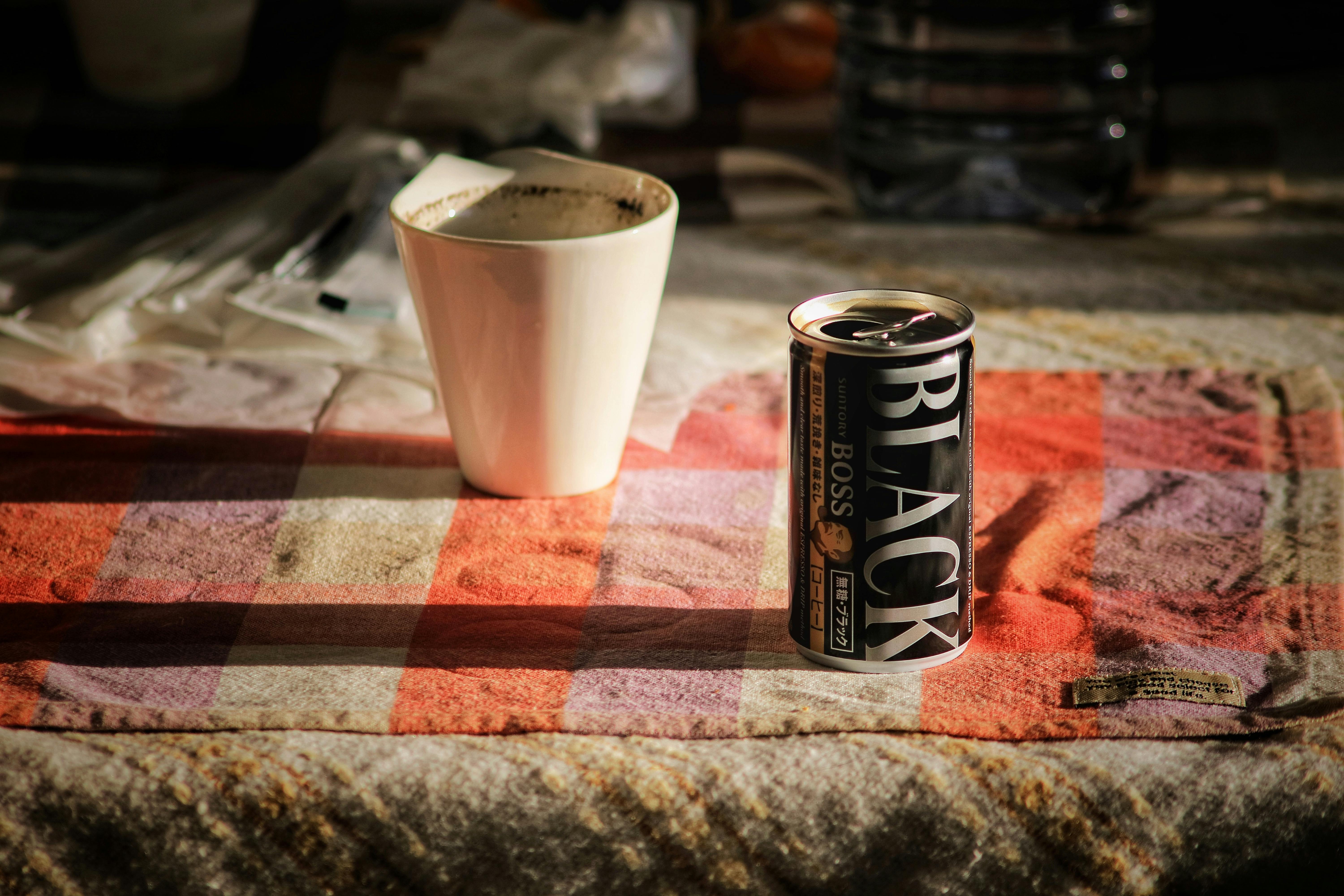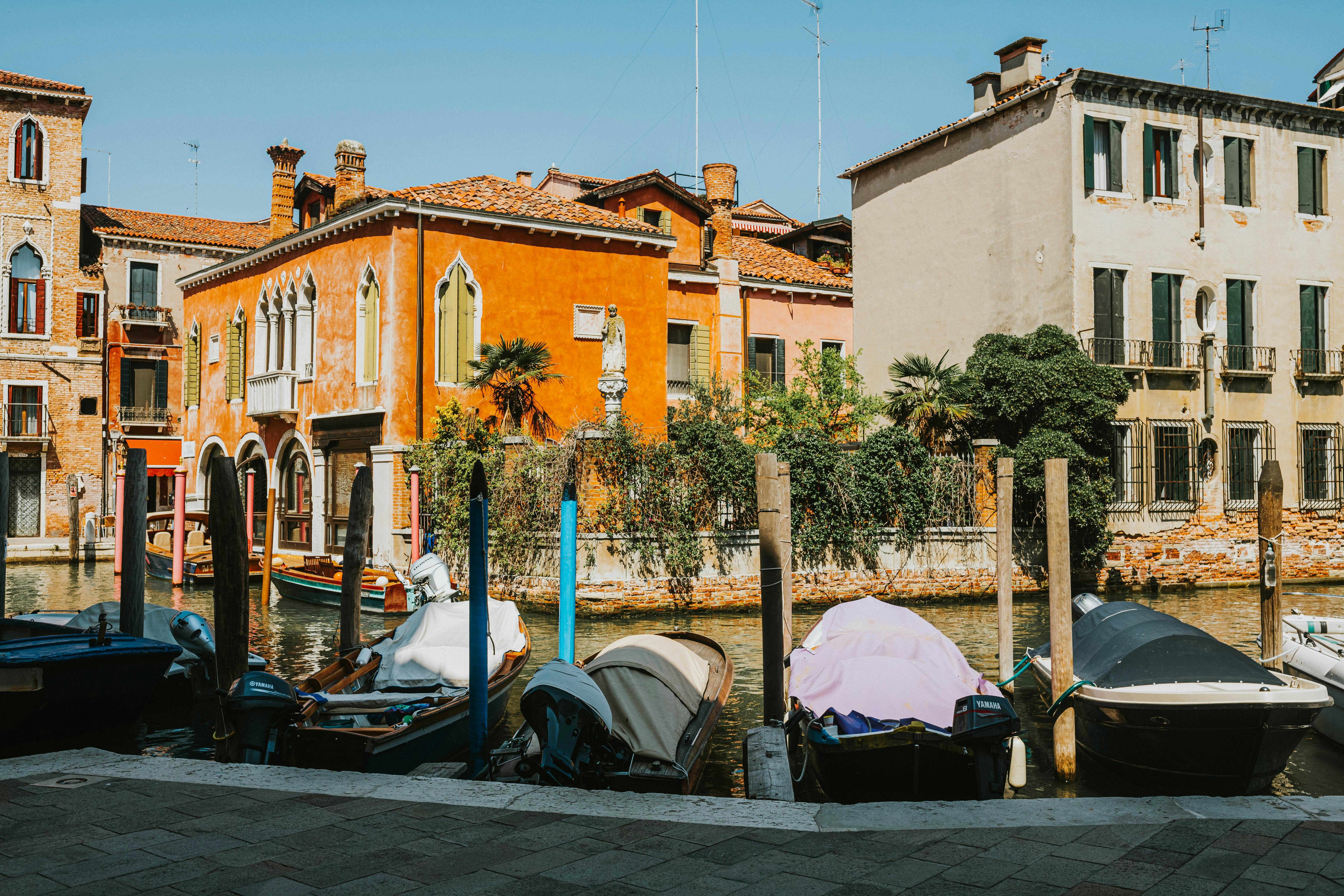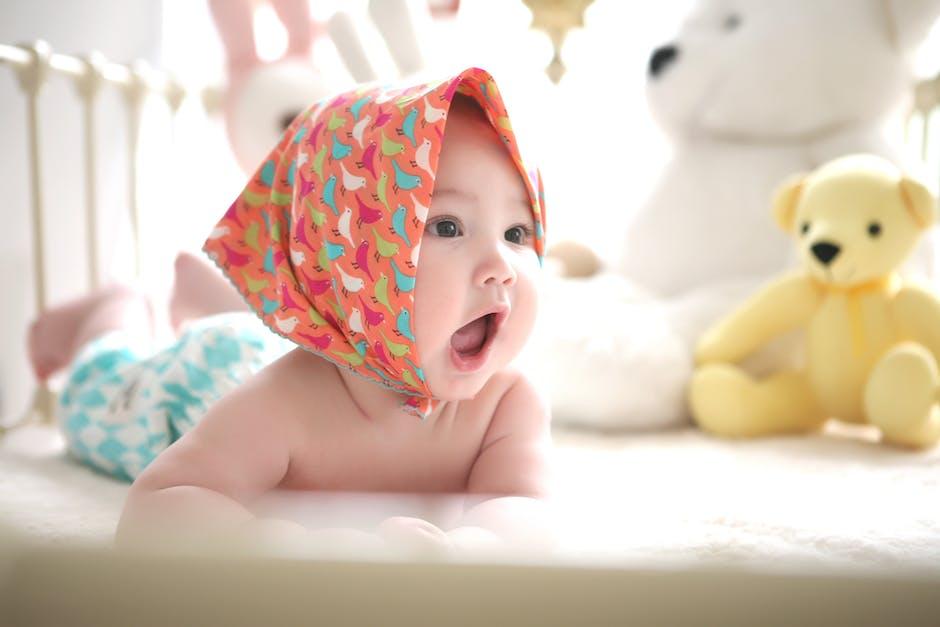Taking your baby out on a boat can be a great experience for the whole family. However, there are some safety considerations that parents need to make before taking their baby out on the water. It is important to understand what precautions should be taken to ensure the safety of your baby while on board. In this article, we will discuss if babies can go on boats, what safety measures need to be taken and how to find the right boat for your family’s needs.Yes, it is safe for babies to go on boats, provided that appropriate safety measures are taken. This includes the use of life jackets and other safety equipment, along with adult supervision at all times. Also, it is important to make sure that the boat is in good condition and able to handle any unexpected waves or changes in weather.
What Are The Risks Of Taking Babies On Boats?
Taking babies on boats comes with certain risks, both in terms of safety and health. While there are plenty of fun activities that you can do with your baby aboard a boat, there are also some risks associated with taking them out on the water. It is important to be aware of these risks and to take the necessary precautions to ensure your baby’s safety and wellbeing.
The most common risk to babies when they are on a boat is drowning. Babies are particularly vulnerable to this danger due to their small size and lack of experience in the water. It is essential that any time the baby is near or in the water, they must be supervised by an adult at all times. It is also important to make sure that all safety equipment such as life jackets are used properly and fitted correctly.
Another risk associated with taking babies on boats is overheating or dehydration. This can happen very quickly when out on a boat, so it is important to make sure your baby stays hydrated and has plenty of shade from direct sunlight if possible. If the weather gets too hot, you should consider heading back inside or finding a more sheltered area.
Finally, it is important to be aware of any potential hazards when you take babies out onto a boat such as sharp objects or slippery surfaces. Make sure you check for any potential dangers before you leave so that you can keep your baby safe during your outing.
Preparing for a Baby Boat Trip
Taking a baby on a boat trip can be both exciting and challenging. Preparing for the journey is essential to ensure that your little one has an enjoyable and safe experience. Here are some tips to help you get ready for your baby boat trip:
First, make sure you have all the necessary supplies. Pack plenty of diapers, wipes, sunscreen, hats, and clothing that is appropriate for the weather. Pack a few toys and activities to keep your baby entertained while on board. Don’t forget something to cover their eyes from the sun or wind if needed.
Second, it is important to plan out the meals that you will be having while on board. Consider any allergies or dietary restrictions your baby may have when planning out snacks and meals. If possible, pack food in containers that can be stored safely in case of rough waters or strong winds.
Third, consider bringing along a first-aid kit with all the necessary items in case of an emergency. This should include items such as bandages, antiseptic ointment, tweezers, pain relievers, and any other items needed for basic first aid care of your baby.
Fourth, it is important to make sure you have all the necessary safety equipment such as life jackets and fire extinguishers aboard the boat at all times during your trip. It is also wise to take some safety classes together as a family before heading out onto the water so that everyone knows how to respond in an emergency situation.
Finally, make sure everyone on board knows where they should go if something does happen while out at sea — this includes knowing where overboard supplies are stored in case of an emergency evacuation scenario. By taking these steps before embarking on your journey with your baby onboard you can ensure that they stay safe and enjoy their time on board!
What Age Are Babies Allowed On Boats?
It is important to know the age that babies are allowed on boats in order to ensure the safety of your family. Generally speaking, children under one year of age should not be taken on board a boat. This is because their immune system is not yet developed enough to fight off any potential illnesses or infections that may be present in the environment. The American Academy of Pediatrics recommends that children under two years of age should not be taken out on a boat for any extended period of time, as their body temperature can rapidly drop and lead to hypothermia.
For children between the ages of two and 12, life jackets must be worn at all times while they are aboard the boat. This is an important safety precaution as it prevents them from being thrown overboard if an accident occurs. Additionally, it is important to keep an eye on young children who are aboard a boat as they may not always understand the dangers of being around open water.
Finally, when it comes to teens aged 13 and up, they are generally allowed to be around boats without the supervision of an adult. However, it is still important to ensure that they have been properly trained in water safety and how to operate a boat before allowing them out on their own. Additionally, you should always provide teens with proper safety gear such as life vests or flotation devices in case of emergencies.
In conclusion, babies under one year old should not go out on boats for any extended period of time due to their inability to fight off potential illnesses or infections in the environment. For children between two and 12 years old, life jackets must be worn at all times while they are aboard the boat for safety purposes. Lastly, teens aged 13 and up can typically go out on boats without supervision but should still have proper training and safety gear with them at all times.
Taking Babies On Boats
Taking babies on boats can be a fun and rewarding experience for families, but there are a number of important safety considerations to keep in mind. Before taking a baby on a boat, parents should assess the risks and make sure that they have all the appropriate safety equipment and supplies needed for a safe journey.
The first step is to make sure that the boat is properly equipped with all the necessary safety gear, including life jackets, flares, navigation lights, and fire extinguishers. It is also important to have an adequate supply of food and water onboard in case of emergency. Additionally, parents should plan for any unexpected weather conditions by checking the forecast before heading out.
Parents should also consider how their baby will cope with being on the water. Make sure they are comfortable in their car seat or stroller while on the boat and provide plenty of sunscreen and hats to protect them from the sun’s rays. It is also important to ensure that there are no loose objects onboard that could become projectiles when in motion or during rough weather.
Finally, it is important for parents to be aware of their baby’s location at all times when on board a boat. Keeping them away from rails or any other area that could pose a risk of falling overboard is essential for keeping them safe while out on the water.
Taking babies on boats can be an enjoyable experience if done safely and responsibly. By following these simple tips, parents can rest assured that their little ones will remain safe while enjoying some quality family time out on the open sea!

Taking babies on boats can be a great adventure for the whole family, but it is important to make sure you have all the necessary safety equipment.
Safety Equipment
It is essential to have the right safety equipment for taking babies on boats. A life jacket or personal flotation device (PFD) should always be worn by infants and young children. It is also important to have a first aid kit, fire extinguisher, and throwable flotation device such as a life ring or cushion onboard. Additionally, it is important to make sure that the boat has a working horn or whistle, navigation lights, and flares in case of an emergency.
Environmentally Friendly
When taking babies on boats, it’s also important to take environmental considerations into account. Be sure to bring along biodegradable sunscreen and sun hats for protection from the sun’s rays. Additionally, look for environmentally friendly cleaning products that are safe for use around children and will not harm the environment. Finally, make sure to pack plenty of water and snacks that are free from plastics and other pollutants that can contaminate our waterways.
Additional Equipment
In addition to safety and environmental considerations, there are also some other pieces of equipment that are necessary when taking babies on boats. Make sure you bring along items such as diapers, wipes, sunscreen, hats/visors, insect repellent and additional clothing for changes in weather conditions. If you plan on fishing or swimming with your baby then you should also bring along appropriate safety gear such as life jackets or buoyancy aids depending on age/ability level.
Safety Precautions When Taking Babies On Boats
Taking babies on boats can be a fun and enjoyable experience for everyone involved, but it is important to take the necessary safety precautions. Before taking a baby out on the water, make sure to check the weather and wind conditions to ensure it is safe for them. Don’t take a baby out in rough or choppy waters as this could be dangerous for them. Make sure to also bring along enough life jackets and other safety gear that fits your baby properly. Be aware of the amount of sunlight your baby is exposed to and make sure to bring along sunscreen, hats, sunglasses, and other sun protection gear. Additionally, try to stay close to shore in case of an emergency. If you’re going further out into open water, make sure you have enough fuel and plenty of food and water on board. Finally, never leave your baby unattended on the boat or in the water – always keep them within arm’s reach at all times.
By following these safety tips, you can rest assured that your baby will have a safe and enjoyable outing on the boat.
How Do Weather Conditions Affect Taking Babies On Boats?
Taking babies on boats can be a fun activity, but it is important to consider the effects of the weather conditions before setting out. Wind and waves can cause uncomfortable, even dangerous, conditions for a baby on board. In rough weather, it is best to either stay on shore or take precautions to ensure everyone’s safety.
The wind can cause turbulence and choppy waves that make the boat ride uncomfortable for an infant. If the baby is exposed to these conditions for too long, it may become nauseous or scared. Additionally, if the winds are strong enough, they can cause the boat to tilt in one direction or another which could cause a baby to slip or fall overboard.
High winds also generate large waves that can be dangerous for babies out on the water. Waves create an unpredictable environment and even small swells can cause issues if they aren’t navigated correctly. For young children who may not understand their own limitations yet, these conditions could result in injury or distress.
It is important to remember that babies have weaker immune systems than adults and are more susceptible to getting sick in cold weather or wet conditions. Choppy water and strong winds can quickly turn from mild discomfort into hypothermia if proper precautions are not taken. It is important to dress a baby appropriately when taking them out on a boat so they don’t become too cold during their time at sea.
Taking babies on boats should always be done with caution and careful consideration of the weather conditions before setting out. Wind and waves present safety hazards that must be avoided to ensure everyone’s safety while having fun at sea. By being prepared and taking necessary precautions, parents can enjoy quality time with their children without putting them in harm’s way due to poor weather conditions.

Conclusion
It is possible for babies to go on boats, but it is important to remember that safety is the first and foremost priority. Babies should be supervised at all times while on boat, and parents should also make sure the boat is properly equipped with enough lifejackets and a first aid kit. There are many precautions to take when bringing a baby onto a boat, but if done carefully and correctly, it can be an enjoyable and fun experience for the whole family.
Babies on boats must also be protected from the sun’s harmful rays, so hats and sunscreen should always be used. Finally, parents should always check local regulations before taking a baby out on a boat to ensure they are following all laws and regulations that apply in their area.
Boating can be an incredibly enjoyable activity for both adults and babies alike, as long as parents take all necessary safety precautions into consideration. With proper planning and preparation, it can make for some great family memories!




